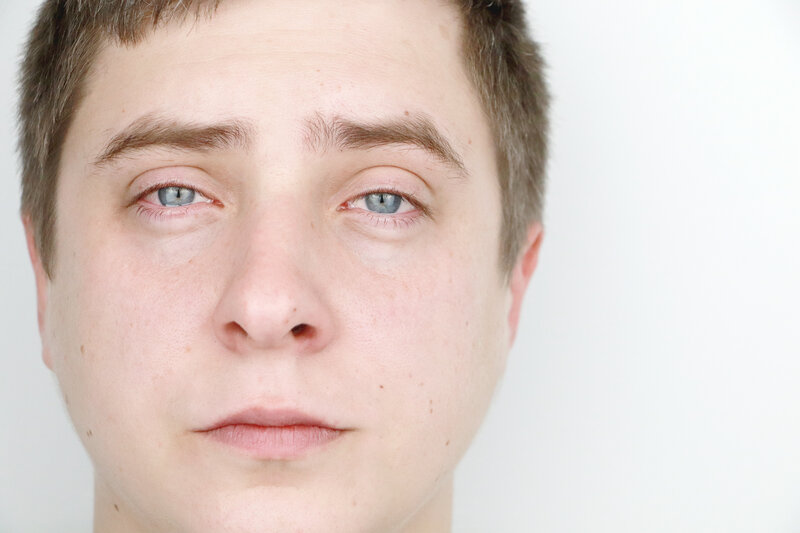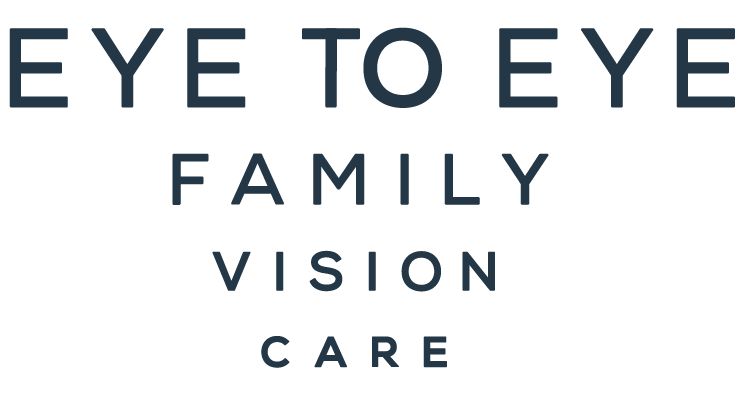Common Eye Allergies: Symptoms, Treatment, And Relief

Red, itchy, and watery eyes are some of the most common symptoms of eye allergies, also called seasonal allergic conjunctivitis. This uncomfortable combination feels unbearable if you don’t find relief. Additionally, untreated eye allergies can eventually lead to more severe conjunctivitis because inflamed, irritated eye tissues are more prone to infection from bacteria, viruses, or fungal spores in the environment.
Most eye allergies are treated at home and by using over-the-counter solutions. However, chronic issues or eyes that remain inflamed or seem infected require an appointment with your optometrist.
Symptoms & Treatment Of Eye Allergies
We mentioned that allergies cause red, itchy, and watery eyes. Additional symptoms include:
- Light sensitivity
- Scratchiness
- Dryness
- Burning
- Clear or very pale watery discharge
- Sneezing (most eye allergies are systemic, so the rest of your body experiences symptoms too)
- Stuffy or runny nose
Flushing the eyes with fresh, cool water is an excellent way to relieve and wash away offending allergens trapped between the eye and the lid. Following up with artificial tears specifically indicated for allergies or itchy eyes also provides temporary relief.
If eyelids are swollen or puffy, use a soft cloth and soak them in warm water. Fold the warm, moist cloth to form a compress, and rest it on the eyes for five to ten minutes. That can soothe irritated eye tissues. Repeat as necessary throughout the day and before you go to bed. It’s also a recommended way to start the day, especially if you’re waking up with crusty, sticky, or stuck together eyes from accumulated discharge overnight.
Do You Wear Contacts?
If you wear contacts, switch you to your eyeglasses ASAP when eye allergies flare up. If symptoms go away, it’s a sign you may have giant papillary conjunctivitis. This is a more severe eye allergy caused by direct contact with an irritant. So give your eyes a break from the contacts and check in with your optometrist to discuss your symptoms.
This allergy causes swelling on the interior side of the eyelids and may require more specific treatment to prevent further irritation or damage to the surface of your eye.
Resist The Urge To Rub
Rubbing allergic eyes feels great at the moment and only intensifies the discomfort once you’re done. The problem is that rubbing the eyes causes further irritation, especially if irritants or allergens scratch the eye’s surface. Once that occurs, you are at risk for bacterial and viral infections, which require treatment from an optometrist or your physician.
Difference Between Eye Allergies vs Pink Eye
Eye allergies and pink eye share many of the same symptoms. You’ll know you might have pink eye if:
- There is less itchy and more burning or pain (allergies cause far more itching than pink eye)
- Discharge is goopy, yellow, or greenish (rather than that clear and watery discharge from allergies)
- There is pain or tenderness in the front of the ears, near the jaw (more common with viral pink eye)
- Increased light sensitivity
- Eyes may even crust shut overnight, rather than being a little sticky
- More persistent blurry vision
- Allergies have turned into a sinus infection
Contact your eye doctor if the milder symptoms of eye allergies progress to any of the above.
Longer-term solutions to prevent and treat eye allergies
Allergy eye drops are a temporary solution. It’s best to figure out the source of your allergies and treat them more proactively and permanently.
The most common source of allergies and eye allergies are:
- Pollen
- Dander (cats, dogs, and horses are the most common type of pet allergies)
- Dust mites
- Mold/mildew spores
- Foods/ingredients
- Smoke
- Eye makeup products
- Health and beauty products
- Substances on your hands that come in contact with the eyes (lotion, soaps, job-related chemicals, food or particular ingredients, etc.)
Pay attention to flare-ups to see if you can identify the source. The more you minimize contact with allergens, the better.
If eye allergies are a constant, rather than an occasional, way of being, we recommend:
Scheduling an appointment with an allergist
Speak to your physician and get a referral to an allergist. This is the best way to precisely identify the exact causes of your allergies so you can work to avoid them, minimize exposure, or figure out sustainable solutions.
Take seasonal OTC allergy medications
If eye allergies are more of a seasonal disturbance, speak to your physician about various OTC allergy medications. Some people find more relief with one particular type of medication over another, so you may need to experiment a bit. We don’t recommend long-term use of allergy medications, but seasonal or temporary use is usually acceptable.
More frequent flushing and Neti pot use
Splashing water on your face a few times a day flushes allergens away and out of the eyes. Frequent handwashing keeps contaminants away from your face and eyes and using a neti pot at least once a day also minimizes contact with potential allergens.
Whole-home air filtration
Speak to your HVAC company about the cost of a whole-home air filtration system. These systems incorporate UV light technology and other innovations to kill or eliminate the most common causes of allergies and eye irritants.
If that isn’t possible, consider investing in a portable air filtration system for your home or workspace to minimize the number of irritants circulating in the air around you.
Avoid using window fans to draw cool air in
If you use fans in your windows to draw cool air inside your home or workspace, you are also drawing in more potential allergens. Consider keeping windows shut and using fans, the AC, portable ACs, and air purifiers.
Change high-quality, allergy-specific filters more often
Invest in higher-quality HEPA-certified filters for your HVAC system or any portable air purifiers to filter out as much as you can. Then, change them as directed or slightly more frequently during peak allergy seasons.
We're Here To Help You
Are eye allergies diminishing your quality of life? Then, schedule an appointment at Eye to Eye Family Vision Care. We’ll help you determine the cause and find a long-term solution that works for you.

